UMAP

Biologists, stop putting UMAP plots in your papers
The UMAP craze in singe cell RNA-Seq Single-cell RNA sequencing (scRNA-seq) has become one of the most widely used technologies in basic biology. With the rise of scRNA-seq, the use of UMAP has becom...
📚 Read more at Simply Statistics🔎 Find similar documents
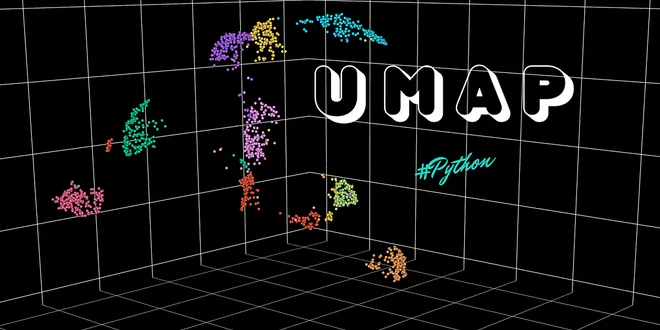
UMAP Dimensionality Reduction — An Incredibly Robust Machine Learning Algorithm
How does Uniform Manifold Approximation and Projection (UMAP) work, and how to use it in Python
📚 Read more at Towards Data Science🔎 Find similar documents

On the Validating UMAP Embeddings
There is not a large body of practical work on validating Uniform Manifold Approximation and Projection (UMAP). In this blog post, I will show you a real example, in hopes to provide an additional…
📚 Read more at Towards Data Science🔎 Find similar documents
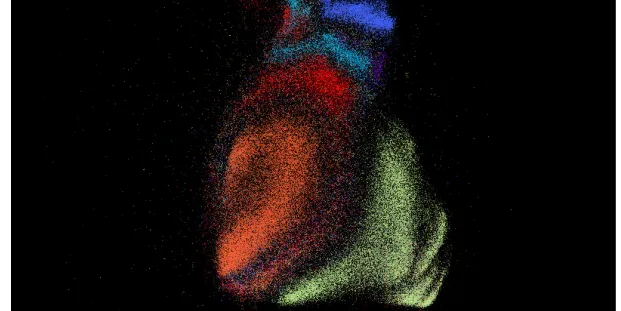
How to Analyze 100-Dimensional Data with UMAP in Breathtakingly Beautiful Ways
Learn to reduce dimensionality and visualize 100-dimensional datasets with UMAP by creating point clouds and connectivity plots and really "see" your data.
📚 Read more at Towards Data Science🔎 Find similar documents

How to Use UMAP For Much Faster And Effective Outlier Detection
Let’s catch those high-dimensional outliers Continue reading on Towards Data Science
📚 Read more at Towards Data Science🔎 Find similar documents
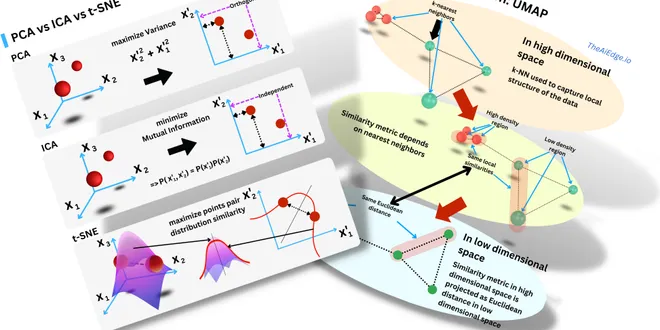
The AiEdge+: T-SNE and UMAP - Dimensionality Reduction
If you want to impress your friends at Data Science dinner parties with beautiful plots, t-SNE and UMAP are the way to go! These are significant dimensionality reduction techniques widely used in data...
📚 Read more at The AiEdge Newsletter🔎 Find similar documents
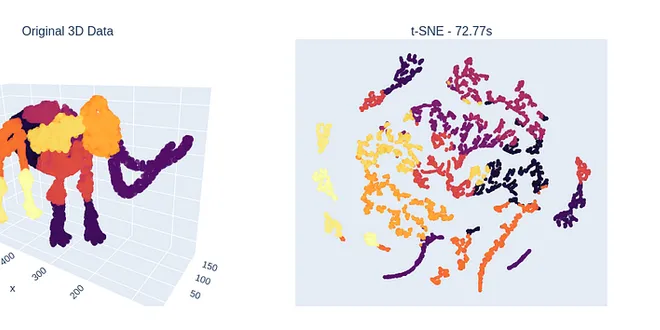
Why you should not rely on t-SNE, UMAP or TriMAP
Dimensionality reduction techniques such as t-SNE¹, UMAP², and TriMap³ are ubiquitous within the field of data science, and given their impressive visual performance (combined with ease of use), they…...
📚 Read more at Towards Data Science🔎 Find similar documents

Enum Map
Introduction Java EnumMap class is the specialized Map implementation for enum keys. It inherits Enum and AbstractMap classes. the Parameters for java.util.EnumMap class. K: It is the type of keys mai...
📚 Read more at Essential Java🔎 Find similar documents
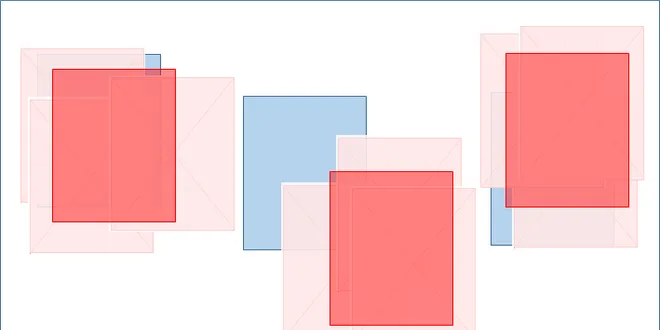
Implementation of Mean Average Precision (mAP) with Non-Maximum Suppression (NMS)
implementing NMS and mAP
📚 Read more at Towards Data Science🔎 Find similar documents
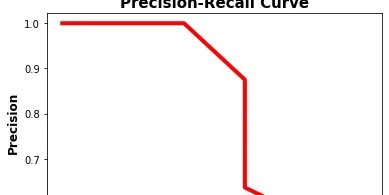
Precision Beyond Pixels: mAP Unveiled for Object Detection Assessment
To evaluate the performance of object detection models such as R-CNN and YOLO, the mean average precision (mAP) metric is commonly employed. mAP measures how well these models perform by comparing gro...
📚 Read more at Python in Plain English🔎 Find similar documents

